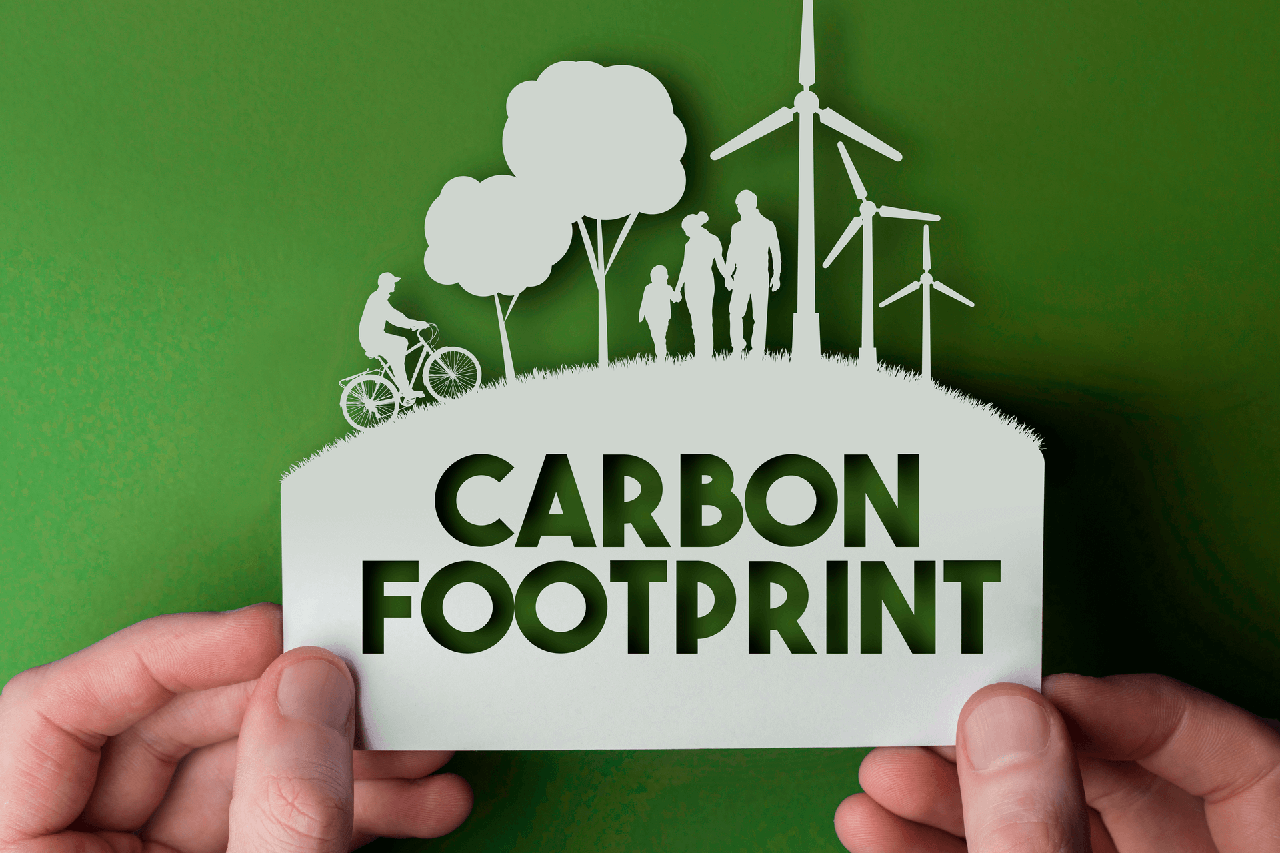Is carbon capture the future?
Is carbon capture the future?
Capturing, using and storing CO2 is an increasingly pressing issue for oil and gas companies. Failure to waste time and money on such technologies can ultimately incur even higher costs.
Many countries, as well as oil and gas companies, are now interested in the implementation of carbon capture, utilization and storage (CCUS) technologies. The reason is not that the "capture" and use of CO2 has suddenly become profitable due to some revolutionary technologies that have been massively introduced throughout the world.
CCUS is gradually becoming a necessity, as more and more states intend to limit the maximum allowable CO2 emissions. Exceeding such standards will lead to fines and the need to buy additional emission allowances.
CCUS technology is advertised in every possible way in the US mass media. Elon Musk said that he was ready to allocate $100 million from personal funds to the person or organization that developed the CCUS technology, which can be scaled and applied to various sectors of the economy.
CCUS technologies are increasingly being used due to the strengthening of the "green trend" dictated by the Paris climate agreement. Occidental Petroleum company intends to build a plant in Texas by 2022 that can capture up to 1 ton of carbon dioxide per year. However, it is not the only one actively using CCUS in the United States. ExxonMobil is now ready to work in tandem with Occidental Petroleum. As Forbes writes, ExxonMobil has been capturing CO2 for 30 years and is "responsible for capturing and storing about 40% of all CO2 that has ever been captured."
ExxonMobil is a leader in carbon capture, capturing approximately 9 million tonnes of CO2 per year
On February 1, 2021, ExxonMobil announced the creation of a new division, ExxonMobil Low Carbon Solutions, intending to commercialize and deploy low-carbon technologies.
Renowned leadership in CO2 capture and emission reduction technologies enables ExxonMobil to meet the demand for affordable energy while reducing emissions and managing the risks of climate change.
ExxonMobil is the first company to capture 120 million tonnes of CO2, equivalent to the emissions from over 25 million vehicles in an entire year.
World's largest atmospheric CO2 recovery plant opens in Iceland
The world's largest plant for pumping carbon dioxide from the earth's atmosphere began operating in Iceland. The project's authors hope that the new technology will eventually help stop global climate change. Still, so far, the newly opened factory can absorb an almost imperceptible volume of CO2 on a global scale, and some experts even doubt that the warming problem can be solved in this way.
A factory called Orca (the word for energy in Icelandic) will pump up to 4,000 tons of carbon dioxide out of the atmosphere every year, equivalent to the annual emissions of about 790 cars. According to Reuters, global CO2 emissions amounted to 31.5 billion tons last year. And the site E&E News writes that the new factory can absorb less than 1% of the annual emissions from a single coal-fired thermal power plant.
